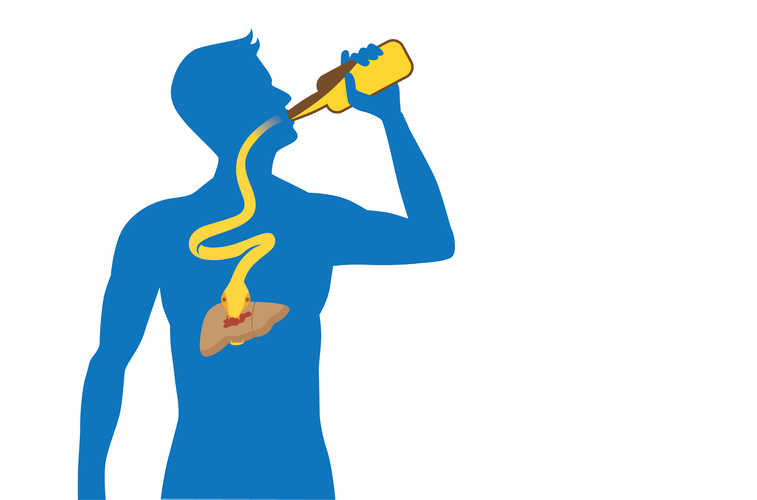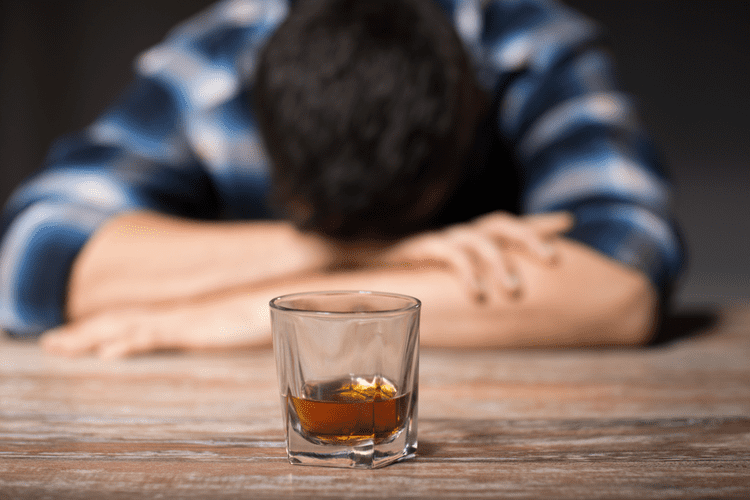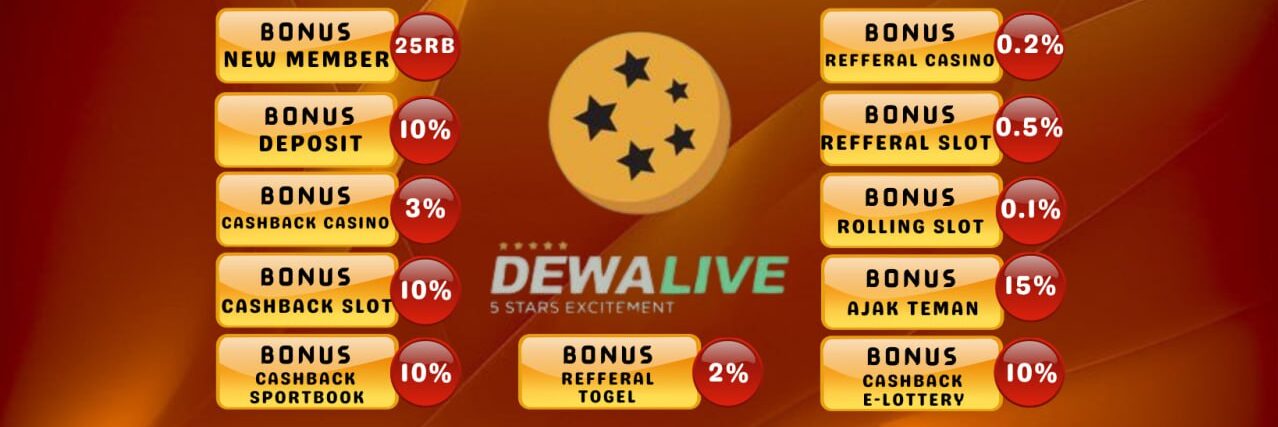While Alcoholics Anonymous (AA) is arguably the most well-known treatment for alcohol use disorder (AUD), it is not for everyone. Many people who have AUD don’t want sober without aa to abstain from drinking entirely and instead seek treatments that reduce drinking. And others have the goal to quit drinking, but don’t find other aspects of AA to align with their values. Continuing to attend individual therapy and group therapy to address urges, cravings, and mental health disorders can help establish healthy, sober routines.
How do you stay sober when you don’t want to?
- In a 2014 longitudinal survey of thousands of AA members in the United States, the success rate of the program was estimated to be around 50 percent.
- When you feel the urge to drink, try to distract yourself with something you enjoy doing.
- For example, it is more effective at treating cocaine and opioid addictions than it is for tobacco and polydrug use (use of multiple substances).
- MAT is often used in conjunction with other treatment methods, such as counseling and therapy.
- Simply experiencing an urge to reengage with drugs or alcohol does not mean that sobriety is impossible.
It is possible to break free from alcohol’s grip without white-knuckling it or adhering to a one-size-fits-all approach. One of my most pivotal moments came when I realized I didn’t want to be the person who drank to escape anymore. It wasn’t about forcing myself not to drink—it was about genuinely not wanting to, thanks to the alcohol addiction being reversed in my brain through TSM. Read more about how naltrexone and TSM works to rewire the brain here. Looking back, I realize I had tried these habit-change techniques many times before I discovered TSM, but it was always a struggle.

How to Stay Sober Without AA: Proven Strategies for Success in 2024
But, if Sobriety this study is typical, AA doesn’t help more than 75% of people who try it. That’s likely millions of people — and might very well include you. There are many alternatives to AA listed in the table and described below.
How to Stay Sober Without AA

Seeing commercials for alcohol and returning to places where drugs were commonly used in the past can all challenge a person’s sober conviction and be difficult to navigate. For some others, this can manifest as a reminder of past substance use or may romanticize a person’s previous alcohol or drug use. Working with peers, loved ones, and treatment providers can ensure that each person stays busy in sobriety while focusing on their continued sober development. Likewise, scheduling time for regular self-care, repairing relationships with loved ones, and taking on more responsibilities at home or a sober living facility https://ubuntuskiathos.gr/alcohol-use-disorder-symptoms-and-causes/ can all help structure daily life.
Recovery Dharma Online

7 Cups is an online platform that provides free, anonymous emotional support through trained listeners and online therapy sessions. It offers a safe and confidential space to access emotional support and mental health services. Recovery Dharma Online is an independent sangha of Recovery Dharma members who facilitate online meetings, workshops, and inter-sangha business. These online meetings are based on Buddhist principles and provide a supportive community for individuals in recovery. This type of counseling involves multiple family members to address issues within the family and focuses on family-level assessment to transform familial relations. Recovery from alcohol or drug addiction is a personal journey, and no two people’s paths will look similar.

Leave a Reply